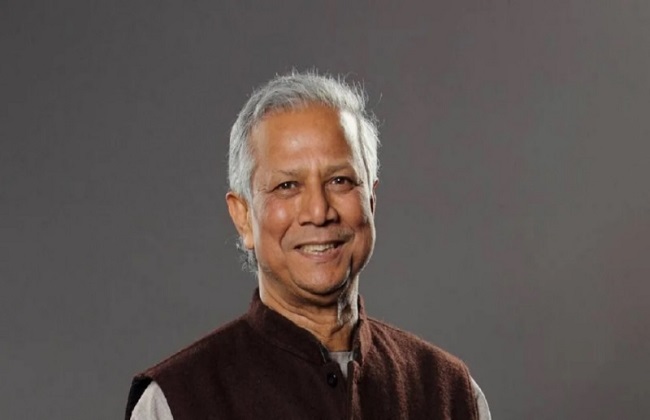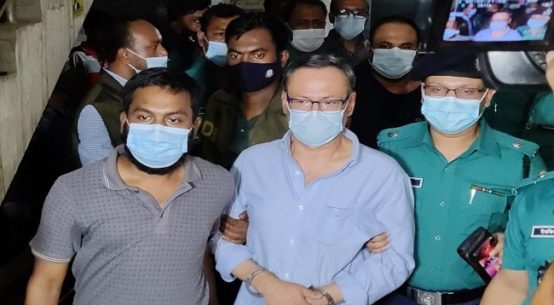
Bangladesh has said when the people of Bangladesh were setting glorious examples of religious harmony, unfortunately they observed how a “flurry of exaggerated, unfounded and fake” reports and deliberate spread of “misinformation and disinformation” by vested quarters regarding minority persecution.
“Sadly, we saw it at this forum too. Many such propaganda have been debunked by global media,” said Permanent Representative of Bangladesh to the UN and other International Organisations in Geneva Ambassador TareqMdAriful Islam.
He made the remarks at the 17th session of the UN Forum on Minority Issues at Palais des Nations on November 28.
Delivering Bangladesh statement, Ambassador Tareq said the government remains open to welcome foreign journalists to visit Bangladesh to see the ground situations.
With utter dismay, he said, the arrest of Chinmoy Das has been misconstrued by some speakers. “He was actually arrested on specific charges. The matter is being dealt with by the court of law.”
Despite the recent brutal killing of a Muslim lawyer, the envoy said the government’s immediate intervention and support from leaders of all faiths helped maintain calm and avert untoward incidents.
“Our government remains vigilant and will continue to act promptly to maintain religious harmony at any cost and thwart any attempt to undermine rights of minorities,” said Ambassador Tareq.
The government reaffirmed that every Bangladeshi, regardless of religious identity, has the right to practice respective religion or express views freely.
Ensuring safety and security of every citizen, including from the minority community, remains the cornerstone of the interim government of Bangladesh, said the Bangladesh envoy.
“This has been repeatedly reassured to minority religious leaders by our top leadership and proved time and again in the first 100 days of the government,” he said, adding that two advisers have been appointed from the minority communities.
The post-August 5 violence in Bangladesh was rooted in political and personal factors, not sectarian, Ambassador Tareq said.
The violence affected people mostly with partisan political affiliations, almost all of them being Muslims and only a few from other religious minority groups, he claimed.
“There was no systematic attack on minorities,” the envoy said.
Rather, following the mass uprising in July, the world has witnessed how the entire society of Bangladesh came forward to protect its minorities following our long tradition of communal harmony, said Ambassador Tareq.
“Our government led by Prof Muhammad Yunus enjoys overwhelming and unprecedented mandate from our people across all faiths,” he mentioned.

